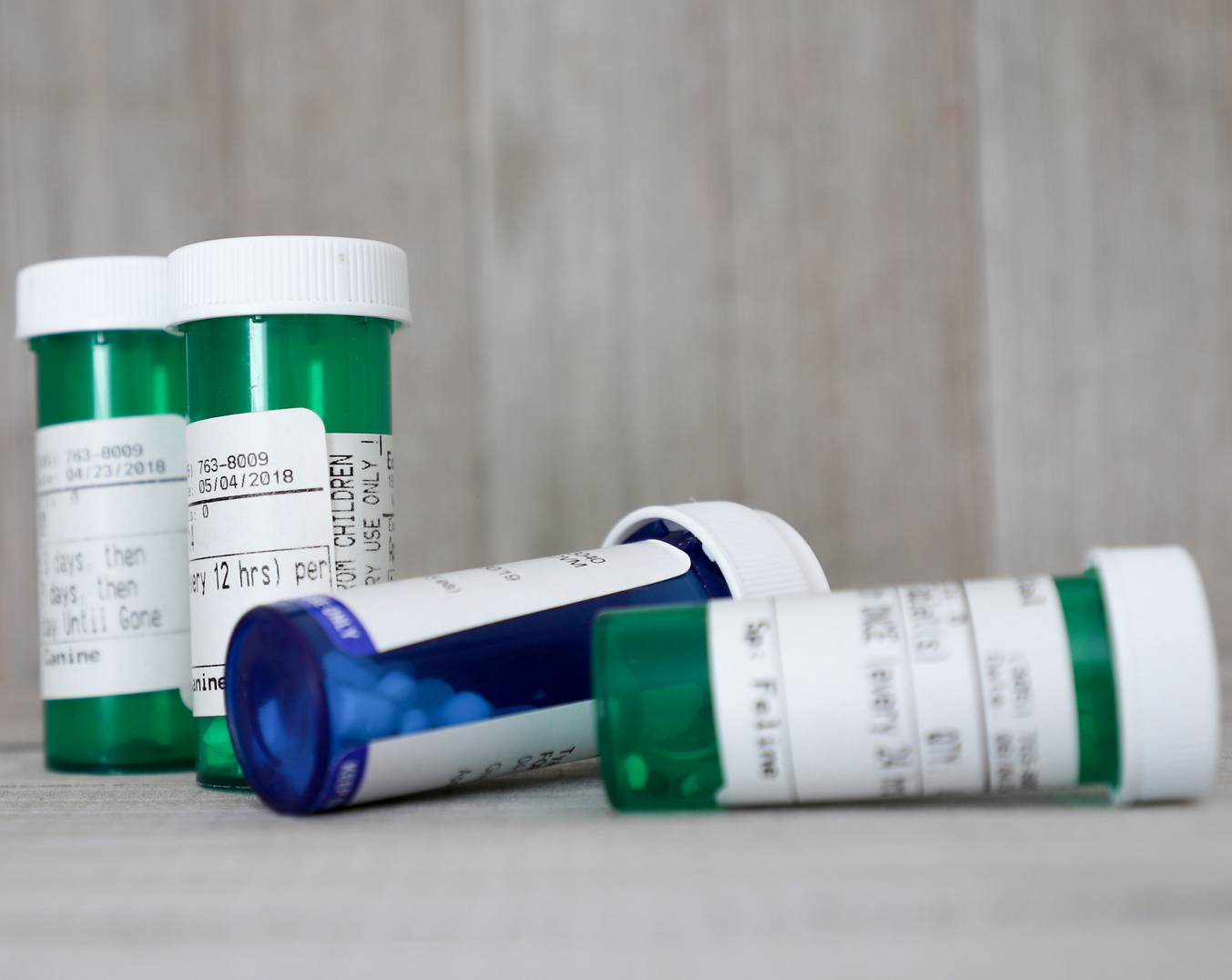<< Back
How to Dispose of Prescription Meds, Properly, Without Leaving the House

February 19, 2019
Here’s a great way to warm up for spring-cleaning season. Retrieve all unused prescription drugs from medicine cabinets, bathroom drawers and your keep-it-away-from-the-kids hiding spot in the kitchen.
Wait! Don’t just drop them in the household trashcan. And avoid the convenience of the nearest toilet. The Food and Drug Administration acknowledges concerns about potential environmental impact and contamination of local water supplies, but it’s more concerned about the human risks of accidental exposure to potent opioid medications. (And nearly half of all teens abusing medicines get them from a family member or friend, often without their knowledge, according to a recent study.)
The preferred method of disposal of expired, unwanted or unused medications is permanent collection sites or periodic take-back events. Unfortunately, there are no permanent controlled-substance disposal locations in Greater Hartford. (Click here to find locations elsewhere in the state.)
A clean alternative, a drug deactivation kit endorsed by the National Institute on Drug Abuse, is available free for a limited time from Hartford HealthCare at BeRxesponsible.org. It’s a simple process: Place an appropriate medication in the kit’s pouch and mix with water, which releases activated carbon and dissolves the pills. Now throw the pouch in the trash — it’s safe for landfills.
The do-it-yourselfer also can dispose of medications safely. Here’s how, says the FDA:
- Mix medicines (do not crush tablets or capsules) with an unpalatable substance such as dirt, cat litter or used coffee grounds.
- Place the mixture in a container such as a sealed plastic bag.
- Throw the container in your household trash.
Then remove all personal information on the empty plastic pill bottle’s label and recycle the bottle.
For more information on how to get a free drug disposal kit from Hartford HealthCare’s BeRxesponsible program, click here.